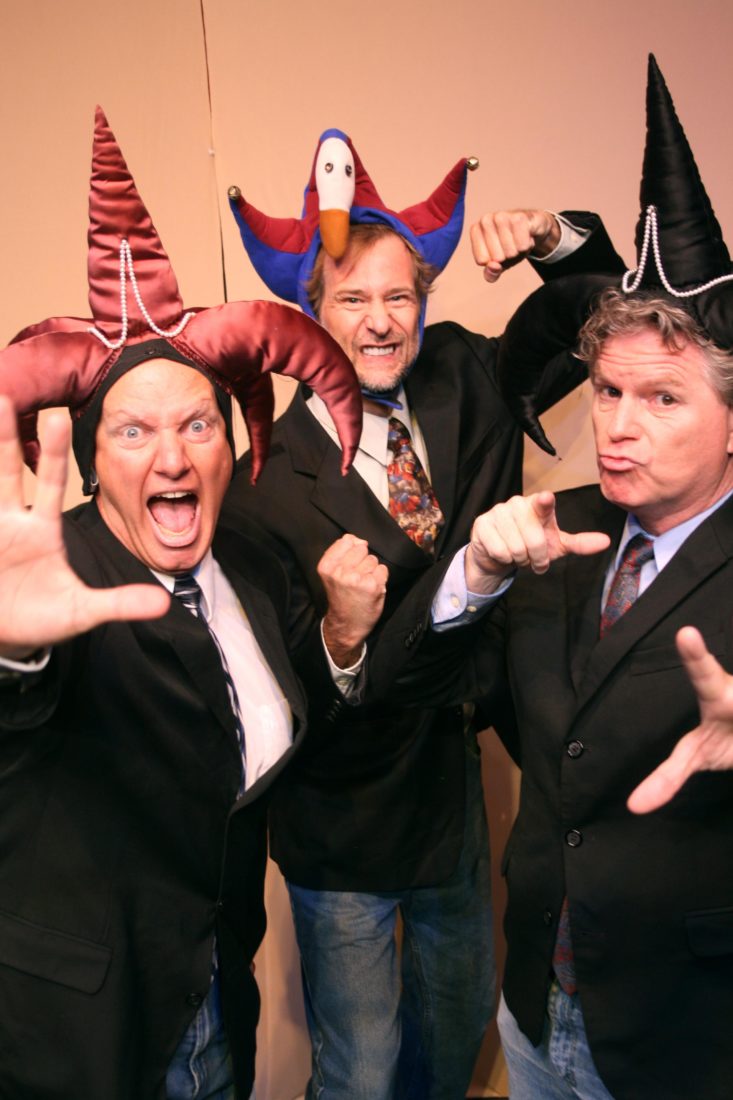TV’s Neil Flynn (Pt. 2)
Neil Flynn (The Fugitive, Mean Girls, Scrubs, The Middle) returns to talk about how he manages to work both sides of the acting street: comedic and dramatic, improvised and scripted. A theatre vet, Neil marvels at the times he’s been allowed to frequently act onscreen in 4-5 page scenes (something that rarely happens), and shares the reasons he doesn’t do many talk shows; the bites he’s gotten to take out of dramatic apples; the best business decision he ever made; how basketball led to his role of the Janitor on Scrubs; the joy of getting lucky twice; and his absolute satisfaction about his place on the showbiz ladder. (Length 18:52)
Podcast: Download (Duration: 18:52 — 21.7MB)
